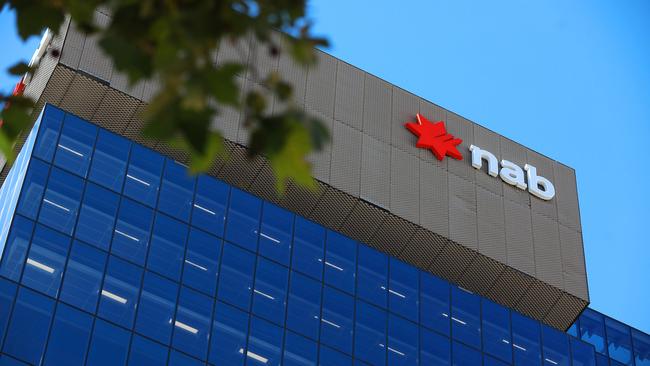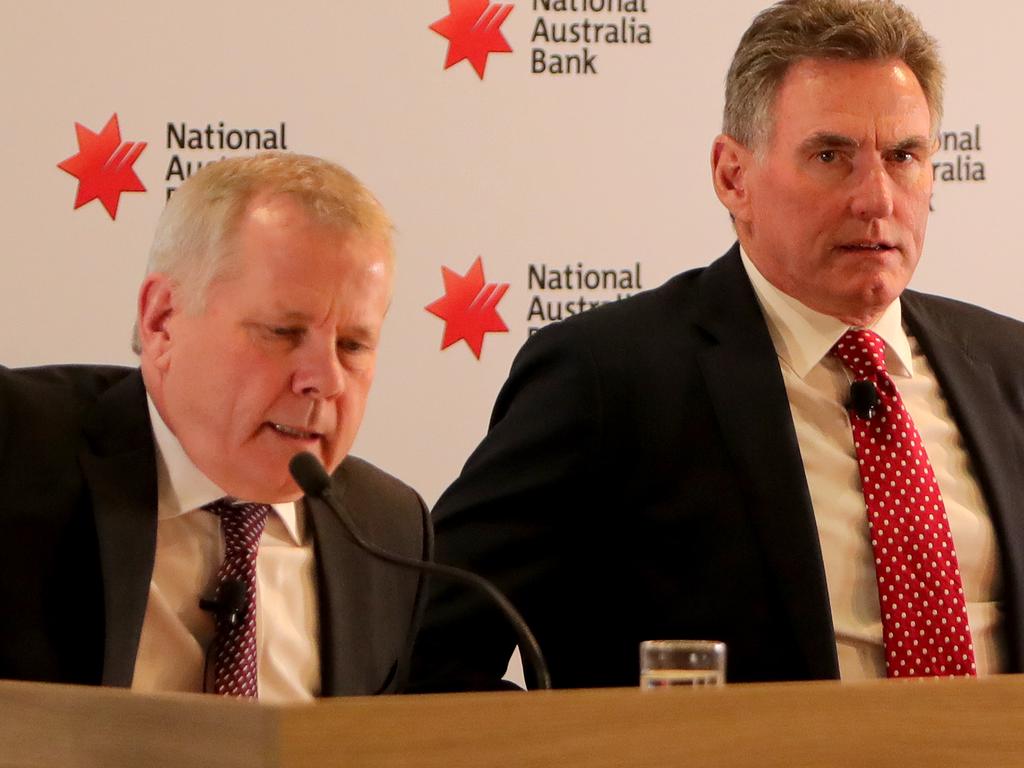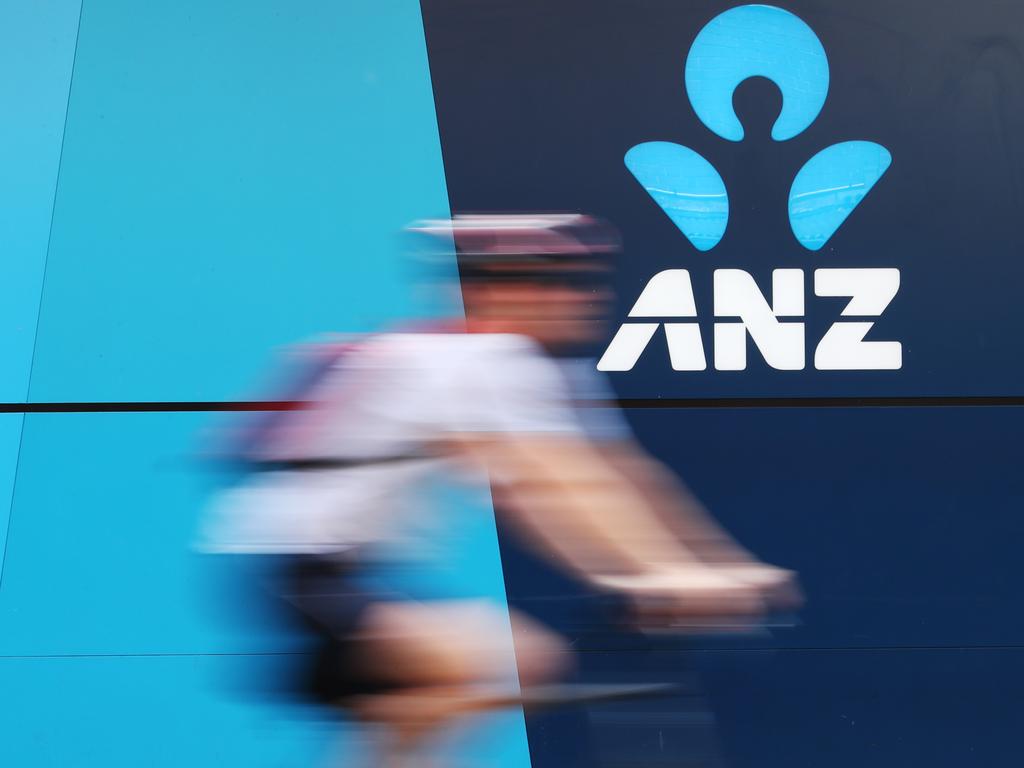
Millions of Australian bank shareholders face a surprise – and unwanted – dilemma with NAB’s move to launch a capital raising.
With Westpac and possibly ANZ expected to follow in the days ahead, the NAB share offer will no doubt be a template for the entire sector:
All 570,000 shareholders in NAB – regardless of how many shares they hold – can apply for a maximum of $30,000 worth of stock.
Under the terms of the raising, the deal is an 8.5 per cent discount on the last traded price of the bank.
Of course that is a discount on a price which is roughly half what it was less than a year ago. And that is the dilemma for private investors at the banks: Should they stump up or not?
The chances of this offer representing an opportunity to make quick money are slim: Bank share prices were lower after the NAB announcement. Companies that are signalling tougher times and cutting dividends by two thirds are unlikely to run up the boards quickly.
Nevertheless, for shareholders who wish to explore the offer, the best tactic is to delay making a decision until the very last days of the offer, which runs from May 4 to May 22. At that point we will see if the offer is – even in a very relative context – a bargain.
If it turns out the share price of the bank is higher than the offer price on May 22 there will be widespread complaints that NAB only allotted about 14 per cent of the offer to its retail base which represents almost 50 per cent of the entire shareholding in the bank.
Alternatively, if the NAB share price – currently near $15.76 – is lower than the offer price of $14.15 at that time then the bank’s final offer price will just represent a 2 per cent discount.
The more significant question for shareholders in NAB, Westpac and ANZ will be if they wish to invest additional funds in a beaten up sector which is reporting profit drops of 50 per cent.
A deep connection
There is a deep connection between Australian investors – especially retiree investors – and the major banks This is not to be underestimated.
It is definitely not underestimated by NAB’s new CEO Ross McEwan. Asked by a banking analyst during his investor presentation why the bank was raising $3.5 billion and then paying out more than $850m in dividends at the same time, McEwan made the point he did not want retail shareholders “running out the door” at this crucial juncture.
In other words from an economically rational point of view, McEwan knows there is an element of merry-go-round when you pay dividends and raise money from the same people – but with franking credits in place this is not going to change anytime soon.
In reality, market forecasts for bank stocks are all over the place. At NAB, for example, the target price for the stock among leading brokers ranges from $17.30 to $25.
Every shareholder will make their own decision, but it is clear the industry-wide dividend picture is poor and the prospect of price growth is clouded. McEwan has been at pains to point out that behind all the probability scenarios, the bank cannot know how this crisis will get except to say the bank intends to be sound and safe.
Indeed McEwan offers no big picture breakthrough or radical reworking of the organisation. Rather his plan is based on simplifying the bank and cutting its bureaucracy.
The challenge ahead for bank returns are endless. The perils faced by the tourism and retail industry are immense. The banks are particularly exposed to the looming challenges in residential and commercial property. However, after capital raising such as we have seen by NAB the capital levels issue should be laid to rest at last.
For shareholders at NAB and its rival banks the prospect of a shrunk dividend – still lifted by the benefits of franking – may be enough to keep them on the register, it may even be enough to get them to stump up.







